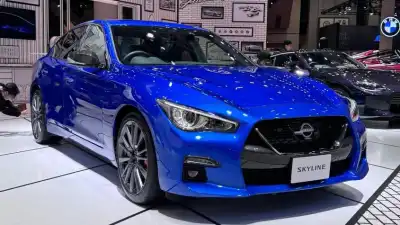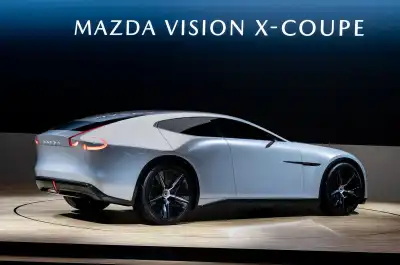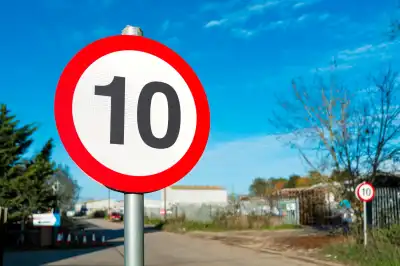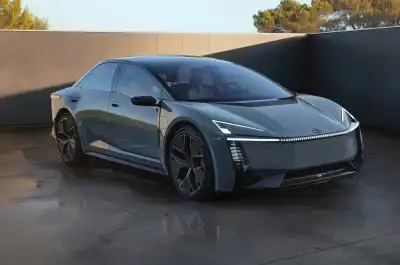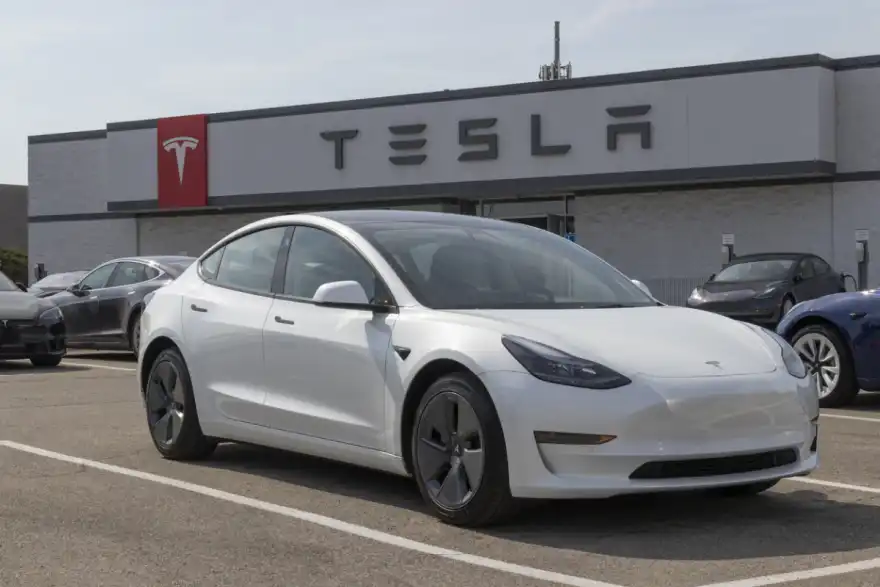
Self-driving cars continue to gain momentum, with more manufacturers committing to getting automated vehicles on the roads.
One of the firms often considered to be at the forefront of this technology is Tesla, which sells its ‘AutoPilot’ feature that is said to offer ‘Full Self-Driving Capability’, albeit with caveats.
However, earlier in the year, a former Tesla employee-turned-whistleblower uncovered data that suggests that the self-driving vehicles aren’t fit to be used on public roads. But who is the Tesla whistleblower, what has he said and what does this mean for future AutoPilot features? Let’s take a look.
Who is the Tesla whistleblower?
The Tesla whistleblower is Lukasz Krupski. Originally from Poland, he was working for Tesla in Norway (one of its most important markets) as a service technician, preparing cars for customers.
According to the New York Times, Krupski became ‘so frustrated’ about the company and its ‘grave safety problems’ that he was eventually fired by Tesla after numerous complaints.
In May 2023, however, Krupski leaked 100GB of data straight from Tesla, detailing customer complaints about its cars along with internal company and employee information to German newspaper Handelsblatt, which is one of the largest media organisations in the country.
What did the leaked Tesla documents show?
Dubbed the ‘Tesla Files’, the sheer breadth of information leaked was significant. The files given to the German media organisation amounted to 100GB of data and are reported to include more than ‘75,000 individuals’ personal information’ for both current and former employees. It’s said to have information such as names, addresses and phone numbers too.
Within the leak, there were also customer bank details, and production secrets but of the most interest were customer complaints about Tesla’s ‘Full Self-Driving’, which is being used as evidence against the firm.
What is Tesla’s Autopilot and ‘Full Self-Driving’?
Tesla is often considered to be at the forefront of assisted driving features and offers various levels of capability.
As standard on all new Tesla comes a feature called Autopilot, which the firm says ‘reduces your overall workload as a driver’. Each new Tesla comes with eight external cameras to help power this, with the basic package providing autosteer and traffic-aware adaptive cruise control.
Above this is ‘Enhanced Autopilot’, which is a £3,400 option. This brings auto lane change and ‘Navigate on Autopilot’, which can tell you which lane you should be in for exiting a motorway, for example. In the future, Tesla says it will add autonomous parking and a ‘summon’ feature where you can call for the car through your smartphone and it will then autonomously drive to you. This is already available in other markets.
The most comprehensive feature available is ‘Full Self-Driving Capability’, which is a £6,800 optional extra. This currently brings the capability for the car to stop and slow you down for traffic lights and stop signs, while ‘autosteer on city streets’ is said to be upcoming.
Despite the ‘Full Self-Driving’ in its name, however, Teslas can not do that. The firm says that the vehicles are not autonomous and that ‘active driver supervision’ is required.
Tesla says the activation of full self-driving will be ‘dependent on achieving reliability far in excess of human drivers’.
What does the evidence show against Tesla’s safety features?
Krupski has continued to be outspoken about Tesla’s self-driving features since the leak and has recently done his first UK interview with BBC News.
In the interview, Krupski spoke about his concern for how artificial intelligence (AI) is being used to power Tesla’s autopilot features, and said: “I don't think the hardware is ready and the software is ready.”
He told the BBC that there was evidence from customer complaints of Tesla’s ‘phantom braking’, which is where the autonomous braking features randomly slam on for no apparent reason.
Since the whistleblowing, Krupski said it had been “terrifying” and that he often struggles to sleep at night.
Regit has approached Tesla for comment.

